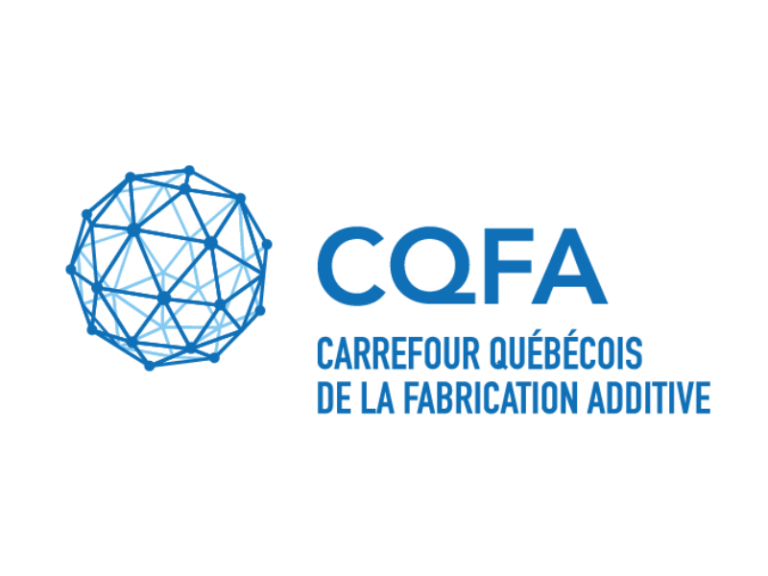
2023/11/14
Formulation and Evaluation of PVA/Gelatin/Carrageenan Inks for 3D Printing and Development of Tissue-Engineered Heart Valves
Jafari, A.; Vahid Niknezhad, S.; Kaviani, M.; Saleh, W.; Wong, N.; Piet Van Vliet, P.; Moraes, C.; Ajji, A.; Kadem, L.; Azarpira, N.; Andelfinger, G.; Savoji, H. (2023). Formulation and Evaluation of PVA/Gelatin/Carrageenan Inks for 3D Printing and Development of Tissue-Engineered Heart Valves. Adv. Funct. Mater.2023, 2305188.
Congenital and acquired valvular heart diseases (VHDs) are significant causes of mortality worldwide. With valve replacement being the primary solution for VHD, current options display shortcomings, including calcification, thrombogenicity, and hemodynamic alteration, leading to repetitive surgeries. Tissue engineering, however, has shown great potential for fabricating heart valves (HVs) with fewer complications. Here, a series of inks are developed, combining poly(vinyl alcohol), gelatin, and carrageenan for 3D printing of tissue-engineered heart valves (TEHVs). The inks/hydrogels are investigated to characterize their physico-chemical, morphological, mechanical, and rheological characteristics. In vitro and in vivo biocompatibility, immune response, hemolysis, and thrombogenicity of the inks/hydrogels are also evaluated. Moreover, in vitro hydrodynamics of the TEHVs under physiological conditions are reported. Inks demonstrate mechanical characteristics comparable to native leaflets. Subcutaneous implantation reveals that the hydrogels do not induce chronic inflammation and can undergo remodeling. In vitro hemocompatibility assessments of the hydrogels show minimal hemolysis with low thrombogenicity. Different sizes and types of HVs are successfully printed with high fidelity in the air. In vitro hydrodynamic assessment confirms that the TEHVs can withstand aortic conditions. Altogether, the 3D-printed TEHVs can be a promising alternative for valve replacement to solve the problems associated with the current options.